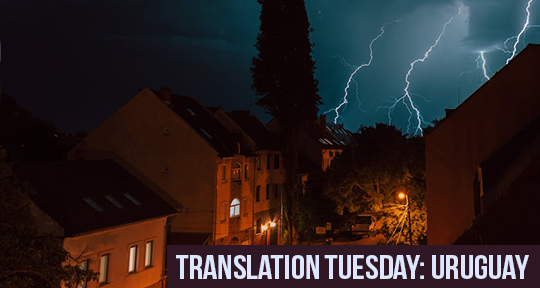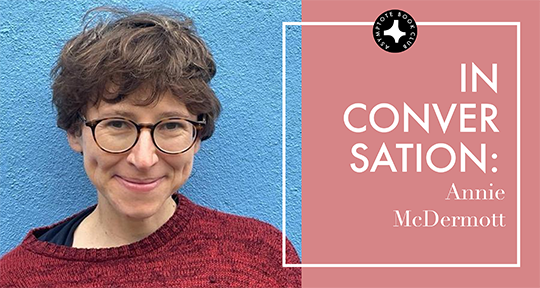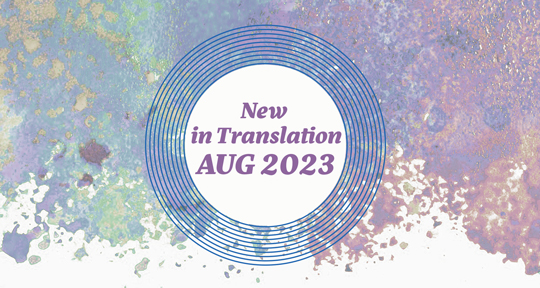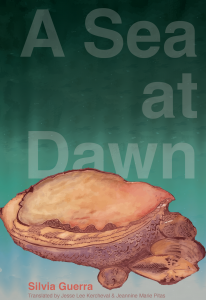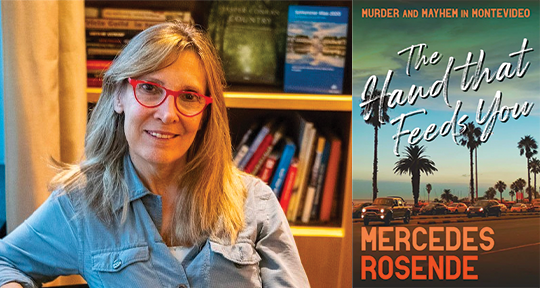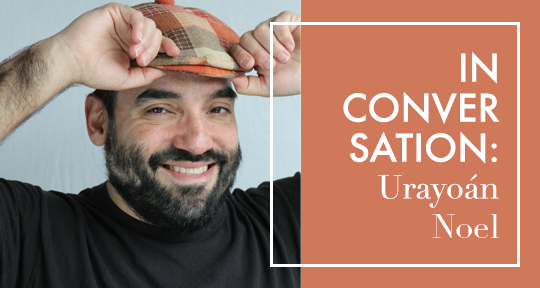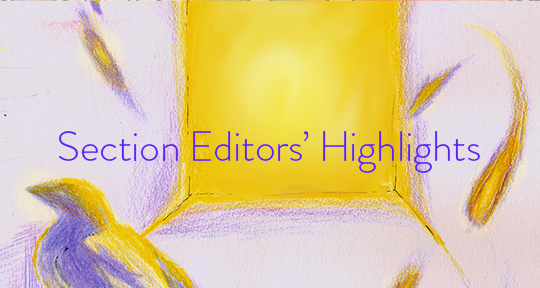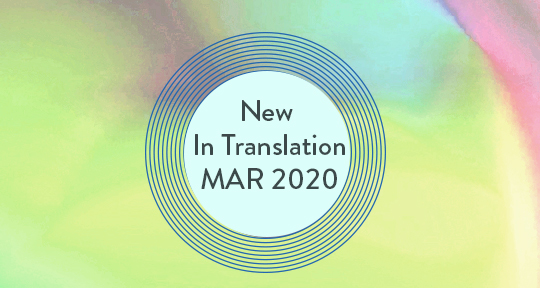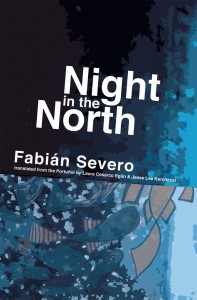This Translation Tuesday, we bring you a poignant story of youth, manhood, and mental illness by Uruguayan writer Tamara Silva Bernaschina, translated by Tim Benjamin. Young Vicente lives with his family in a small town, right across the street from the Gaucho—”all the terrors of this world in a single individual”—a gigantic man famed for his physical strength and rumored cruelty to children. Yet even as Vicente’s uncle and mother threaten him with stories about the Gaucho, the only violence Vicente has seen from him is self-directed: he has repeatedly attempted to hang himself from the tree outside his house. When the Carnival comes to Vicente’s town and Vicente finally experiences the violence and recklessness that have made the Gaucho a figure of local legend, he makes a choice that, small as it may seem, will change both their lives forever. Read on!
They’re going to ask me why.
—José Watanabe
I
He liked to wonder if the moments when his dad had to sprint across the street, wrestle down the enormous Gaucho from the tree from which he’d once again hung himself, were moments of life in the world, or of death. There must have been minutes that ticked by in which more people were born than died. And vice versa. Someone, somewhere, must be keeping count. This is what he thinks, he’s got an image in his head of a little bead with the Gaucho’s name on it attached to a wooden abacus, swinging back and forth between dead and alive. He watches the Gaucho through the kitchen window, big, gigantic, now crumpled in the dirt and gasping for breath, like Aunt Ermilda’s epileptic dog. His mother and Uncle Thomas are there too, standing behind him, breathing down his neck as they watch his dad and the Gaucho disappear into the little shack across the street, and then they all sit back down at the kitchen table and wait for him to come back with the details. His father comes through the door in a state, sweat soaking through the front of his shirt, glazing his brow. He wipes away the sweat and they all stare at him as he mumbles an I’m coming or something like that but none of them totally understand what he says, and nobody responds. Finally, he sits back down at the table, takes a knife to the food on his plate.

